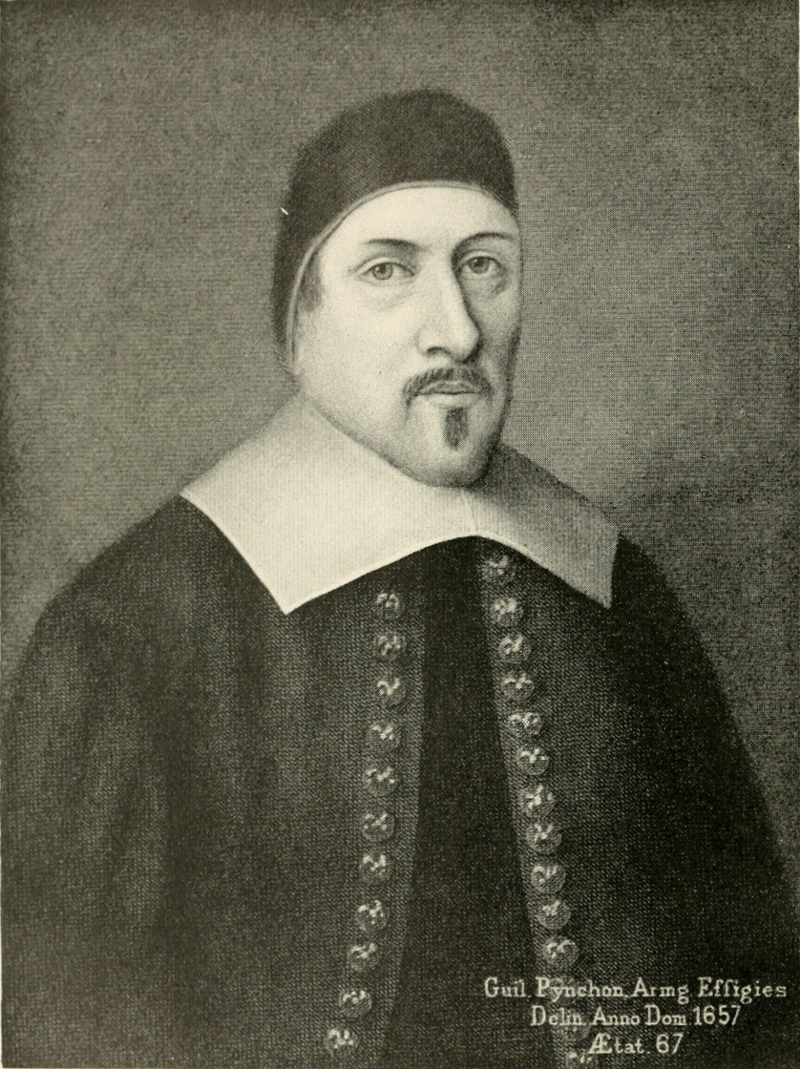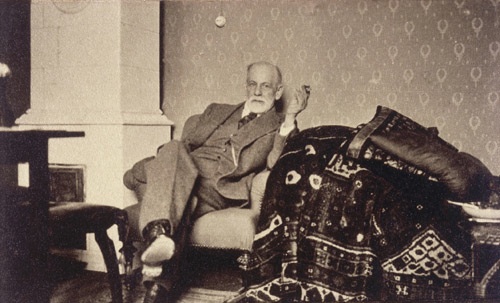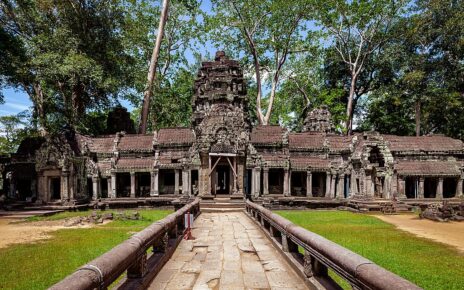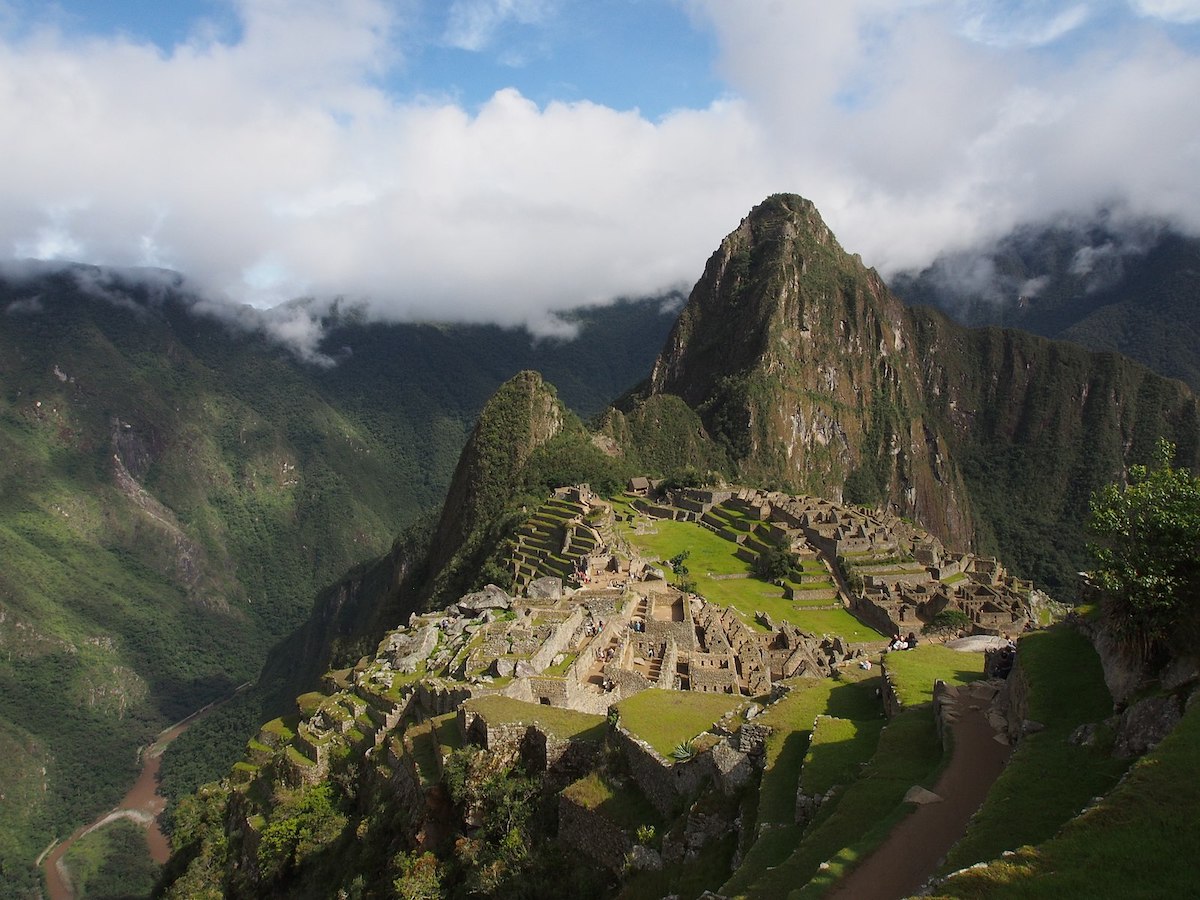Beyond Habermas? Critical Theory, Political Theology, and Interreligious Dialogue
Call for Papers
“Habermas’ postsecular perspective of socio-political integration has had a marked influence on the debate surrounding the place of religion in present-day democracies. However, as democracies are beset by “hyperpluralism” (Ferrara), interfaith challenges and a new wave of fundamentalist violence, Habermas´ vision of (non)religious citizens engaging in a process of learning and reconciliation through translations is in need of reconsideration. While Habermas has constantly refined the public reason approach, his vision runs into difficulties that are partly explained by the prevalent Judeo-Christian background and the influence of Kantian rationalism. To what extent, then, is the plurality of political theological heritages and contexts – Hinduism, Buddhism, Islam, and other religious traditions – significant for democratic theory today…”
Institute of Philosophy, University of London, London, England. Deadline for submission: March 7, 2016.
________________________________________________________________________________
The Challenge of God
Conference
The conference “aims to explore the past, present, and future of the dialogue between the Catholic tradition and continental philosophy from a variety of perspectives and disciplines.”
Keynote speakers: John D. Caputo, Villanova University; Richard Kearney, Boston College; Julia Kristeva, University of Paris VII; Jean-Luc Marion, Academie Francaise; Jean-Luc Nancy, Strasbourg University; Adriaan Peperzak, Loyola College.
Hank Center for Catholic Intellectual Heritage, Loyola University, Chicago; Watertower Campus; 111 E. Pearson St; Chicago. April 14-16, 2016.
________________________________________________________________________________
Enlightenment and Secularism
Colloquium
“In May 2016 we are organizing the first colloquium (out of two planned), Enlightenment and Secularism, related to the topics of our research project on Enlightenment, Secularism and the Freedom of Conscience.
The colloquium aims at bringing together philosophers, historians of philosophy and postdoctoral students to discuss the ideas of and arguments for the freedom of thought and conscience…”




